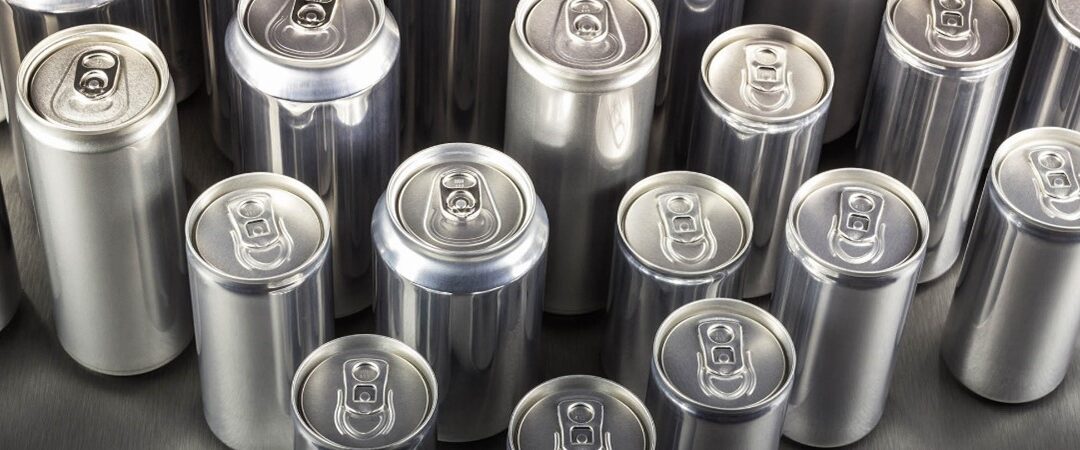As anyone who has tried to open a can of soda knows, canned beverages are extremely resistant to both impact and pressure. In fact, most cans are designed to withstand up to seven bars of pressure, which is equivalent to the pressure exerted by 70 atmospheres or 1,000 pounds per square inch. This means that canned beverages can take quite a beating without damaging the contents.
In addition, the beverage cans are extremely strong, lightweight and have an airtight seal. This means they can withstand shocks, protect the contents and ensure they reach their destination. Aluminum is light but strong, and the joining process creates a product that is even stronger than aluminum alone. The airtight seal of a can prevents outside air from entering and also prevents the contents from spilling. This is important for both safety and freshness, making them ideal for carbonated or high-sugar products.
In addition, beverage cans are the perfect packaging for products sensitive to oxidation and light, such as wine, oil and coffee. Metal containers are 100% recyclable and can be reused over and over again. This means that they withstand shocks, protect the contents and ensure that they reach their destination.
Beverage cans are made of aluminum, which is a strong but lightweight metal. Aluminum gives the can its strength, while the thin walls help keep it lightweight. Beverage cans are extremely strong, lightweight and have an airtight seal. This means they can withstand shocks, protect their contents and ensure they reach their destination safely. In addition, the cans are 100% recyclable, making them a sustainable packaging option.














